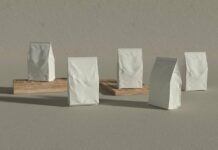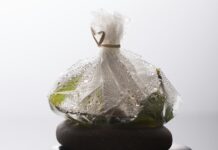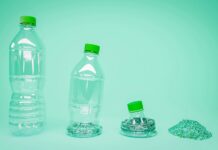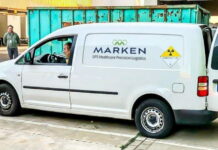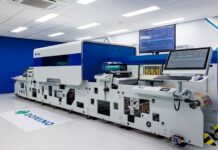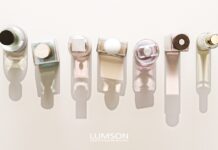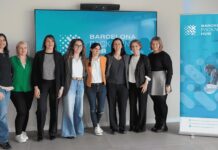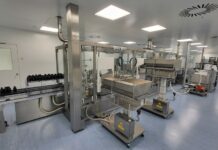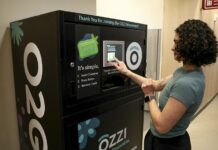Stora Enso has conducted a trial with Fiskeby Board in Sweden to explore possibilities to recycle used paper cups into white-lined chipboard (WLC). The trials confirmed that paper cups can be utilized as valuable raw material to produce WLC board without any investments or changes to the process conditions at Fiskeby Board Mill.
Used paper cups are today largely an unused resource, which could be recycled into new products. Past trials conducted by Stora Enso at Langerbrugge paper mill in Belgium have proved that cups are valuable raw material for magazine paper, and now the trials with Fiskeby Board confirm the suitability of cups for recycled board production. With paper cups as part of Fiskeby’s normal raw material input, the quality of the WLC board showed no defects, and no problems were experienced in the pulp and board production processes.
“By exploring the recycling of paper cups, we are promoting circularity while supporting our customers in food service industry in their efforts to become more climate-friendly. We are open to collaboration with other recycling partners to build an ecosystem of circularity for food service companies,” says Hannu Kasurinen, SVP Head of Liquid Packaging and Carton Board at Stora Enso. “Paper cups have a low carbon footprint, which is still cut by half if cups are recycled and carbon remains stored in the fibres during their next life. The high-quality fibres become used for other renewable products in a circular economy.”
“Recycling saves our planet’s resources and energy in board production. Since paper cups are made from virgin fibre, they provide strong, high-quality raw material for the production of recycled board. The trials showed that we can recycle all kinds of paper cups at Fiskeby. The results also indicated that cups made of Cupforma Natura Solo would be the most energy and resource efficient to recycle, providing the highest fibre yield, comparable to non-polymer coated board materials,” says Arvid Sundblad, CEO, Fiskeby Board.
Stora Enso has decades of experience in producing and developing high-quality renewable paperboard for cups. Today, Stora Enso is one of the leading companies supplying renewable and recyclable paperboard to cup makers. All fibres come from sustainably managed forests, which are regenerated by planting more trees for each one harvested.
“Stora Enso is actively developing new innovative solutions and business models to support coffee houses and fast food chains in responding to consumer needs for sustainable choices. The recycling trials at Fiskeby confirm yet another use for the valuable fibres in paper cups, while strengthening our expertise in material recycling. We are proud of our innovations that drive value in the circular bioeconomy,” says Ebba Mannheimer, Head of Business New Barrier Solutions, Consumer Board at Stora Enso.
Stora Enso
Part of the bioeconomy, Stora Enso is a leading global provider of renewable solutions in packaging, biomaterials, wooden constructions and paper. We believe that everything that is made from fossil-based materials today can be made from a tree tomorrow. Stora Enso has some 26 000 employees in over 30 countries. Our sales in 2018 were EUR 10.5 billion.
Fiskeby
Fiskeby is one of Europe’s leading packaging board manufacturers, producing packaging board from 100% recovered fibre. Fiskeby Board AB is an independent company with all manufacturing based in Fiskeby, Norrköping.




